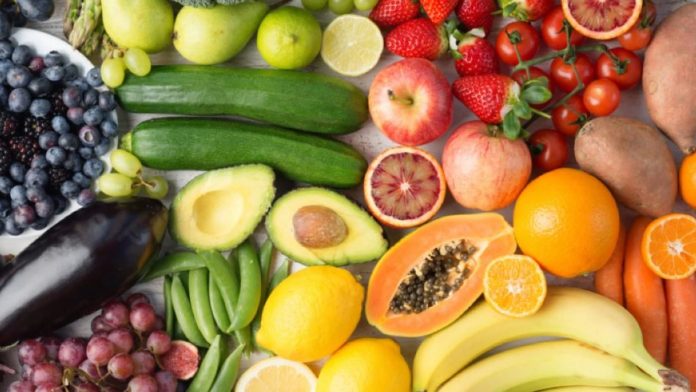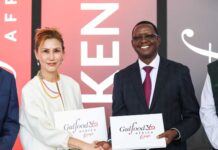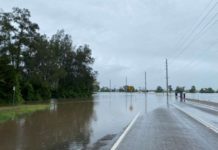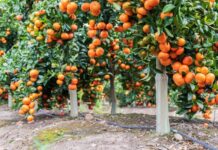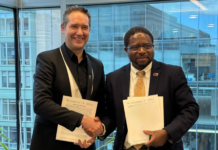The Alliance for Green Revolution in Africa (AGRA) and COMESA are leading an effort to develop a digital Regional Food Balance Sheet (RFBS) that uses data from a variety of public and private sources to develop near real-time and forward-looking food balance estimates.
Once fully developed and operational, the RFBS will inform data-driven decisions around production support, trade policy, and stock management by governments, business decision-making and investment by the private sector, and food assistance by donors and emergency response organizations. Six countries are so far involved in the pilot phase: Kenya, Rwanda, Malawi, Uganda, Zambia and Tanzania.
This initiative was in response to the lack of reliable, timely, and accurate data for food and nutrition security related decision-making in many Sub Sahara Africa countries, a situation that was exposed by the COVID-19 pandemic.
In recognition of these data gaps and needs, COMESA Council of Ministers, in 2020 directed COMESA Secretariat, to implement a COMESA-wide RFBS initiative. This led to a collaborative and multi-stakeholder engagement, which has COMESA as the convener and eventual host of the platform, with support from a range of analytical and technology partners. They include Regional Centre for Mapping of Resources for Development, NASA Harvest/UMD, Bureau for Food and Agriculture Policy and Tetra Tech (among other key data providers in the region).
Future food supply and demand needs
Development partners supporting the project are the UK government, The Bill and Melinda Gates Foundation, The Rockefeller Foundation, and the United States Agency for Internal Development (USAID).
COMESA Assistant Secretary General, Dr Kipyego Cheluget said gaps in food system data had made it challenging to understand who the food insecure were, where they lived and the level of food insecurity they were experiencing.
“These data gaps left many countries unable to respond effectively to the food needs of their citizens during this COVID-19 pandemic,” he noted. “Several stakeholders, including, governments, academic institutions, private sector, and humanitarian agencies, collect data, but rarely are these data shared or consolidated into one central database that can be used to inform decision-making by the stakeholders.”
The UK High Commissioner to Zambia, Nicholas Woolley said avoiding disruptions in the food supply chains, for most COMESA countries, will be a critical part of building resilience in the region’s food systems now and into the future.
“There is an urgent need for African governments to better understand the current and projected food status of their nations. Demand patterns, input availability and shifting climates are part of the knowledge needed to build future-resilient food security,” noted Woolley who is also the Special Representative of the UK to COMESA.”
In his remarks, AGRA Vice President, Dr Apollos Nwafor described the RFBS as a suitable tool for estimating the overall shortages and surpluses in the region as well as developing projections of future food supply and demand needs which help in setting targets for agricultural production and trade.
Zambia’s Director of Agriculture and Marketing John Mulongoti, representing the Permanent Secretary in the Ministry of Agriculture, pledged his country’s support to the initiative. Data for the RFBS will be sourced from historic records from national governments and validated by the Food and Agricultural Organization, current season estimates from private and public data partners throughout East and Southern Africa, and both real-time and future estimates which use advanced analytics from satellite imagery and other technologies.


